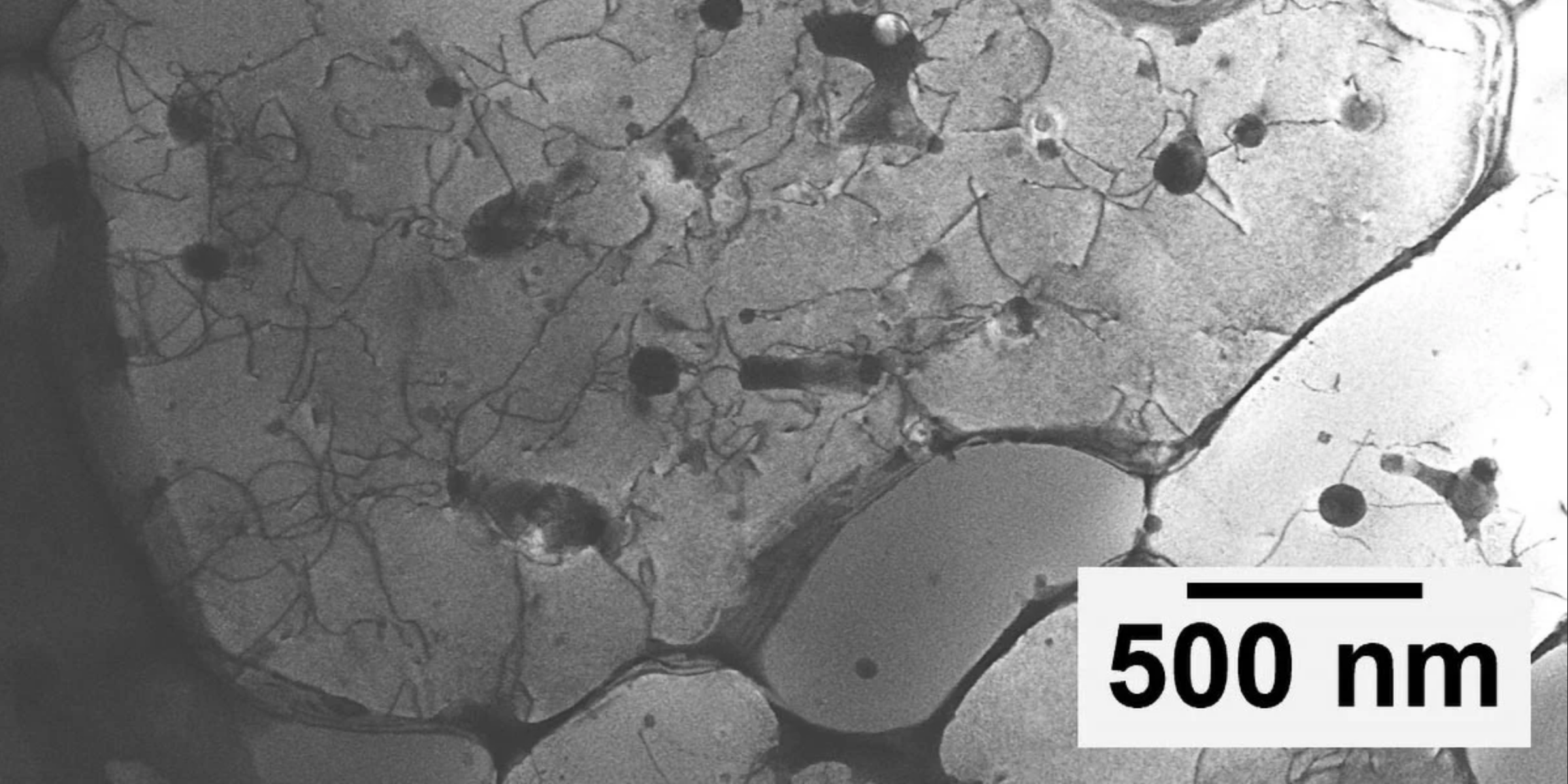Breakthrough Discovery: Signs of Life Detected on Exoplanet K2-18b

The quest to uncover life beyond Earth has captivated scientists and researchers for decades, leading them on a journey through the cosmos filled with intriguing mysteries. From the detection of plumes of methane on Mars, which hint at possible microbial activity, to the discovery of clouds of phosphine gas on Venus, which sparked debates about potential life forms, the universe has continually fueled human curiosity. Despite these findings, the prevailing understanding has been that Earth remains the sole cradle of life in the vastness of space.
However, a recent study from a team of researchers is turning this notion on its head, presenting what they assert is the strongest evidence yet of extraterrestrial life. This life is not found within our own solar system but rather on a distant exoplanet known as K2-18b, which orbits a star situated a staggering 120 light-years away from our planet.
In a detailed analysis of the atmosphere surrounding K2-18b, scientists have identified a significant concentration of a molecule that, on Earth, is exclusively produced by living organisms, such as marine algae. This groundbreaking discovery raises profound questions about the potential for life in environments previously thought to be inhospitable.
Dr. Nikku Madhusudhan, an esteemed astronomer at the University of Cambridge and one of the authors of the study, emphasized the importance of tempering expectations regarding these findings. At a news conference held on Tuesday, he remarked, It is in no ones interest to claim prematurely that we have detected life. Despite his cautious approach, he acknowledged that the most compelling explanation for the teams observations is that K2-18b could be enveloped by a warm ocean, potentially teeming with life.
This is a revolutionary moment, Dr. Madhusudhan added, highlighting the significance of the findings. Its the first time humanity has seen potential biosignatures on a habitable planet. This statement underscores not only the excitement surrounding the research but also the profound implications it holds for our understanding of life in the universe.
The implications of this discovery extend beyond scientific curiosity; they challenge our perceptions of what constitutes a habitable environment in the cosmos. K2-18b, categorized as a super-Earth due to its size, presents conditions that may differ fundamentally from those on Earth, leading to new hypotheses about the diversity of extraterrestrial life forms.
As research continues to evolve, scientists are eager to explore the atmosphere of K2-18b further, utilizing advanced telescopes and instruments capable of analyzing its chemical composition in greater detail. The potential for future discoveries remains vast, with hopes that this exoplanet may offer more clues about the conditions necessary for life to thrive beyond our own planet.




























